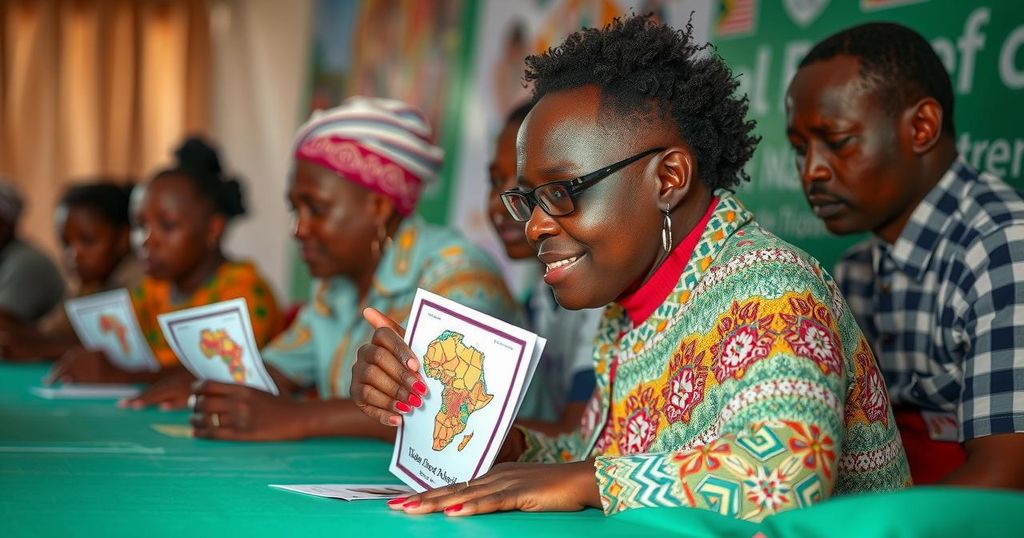Transformative Shifts in Southern Africa’s Political Landscape Post-2024 Elections
The 2024 elections in Southern Africa showcased a decline in traditional liberation movements as young voters prioritized government performance over historical narratives. Significant power shifts occurred in countries like Botswana and South Africa, signaling a potential transformation in the political landscape. Protests following elections in Mozambique and Comoros further highlighted citizens’ demands for responsive governance amidst economic struggles.
The 2024 elections in Southern Africa have revealed significant shifts in the political landscape, with long-established liberation parties facing severe declines. While many regions on the continent are mired in political strife, Southern Africa has maintained a measure of democratic stability. However, the disillusionment of a younger electorate, unencumbered by the memories of colonial struggles, has led to these parties experiencing electoral defeats. Economic hardship and job scarcity have superseded historical loyalties, prompting voters to prioritize government performance over historical achievements.
Botswana experienced a notable shift, as the ruling Botswana Democratic Party lost power after 58 years, following a significant opposition victory. In South Africa, the African National Congress (ANC), historically led by Nelson Mandela, lost its majority for the first time since the end of apartheid, reducing its support significantly. Namibia’s long-ruling South West Africa People’s Organization (SWAPO) barely retained its parliamentary majority amid mounting competition.
Protests erupted in Mozambique after the Frelimo party maintained its lengthy rule, reflecting widespread discontent among the youth. Similarly, instability arose in Comoros following the re-election of President Azali Assoumani, showcasing increasing public unrest across the region. These patterns are echoed in other parts of Africa, where youthful populations are driving demands for accountability and responsive governance, emphasizing a continental shift towards new leadership.
Overall, the political developments in Southern Africa signal a potential transformation as younger voters play an integral role in determining the future of governance in these nations, with repercussions that may extend beyond the region.
The article discusses the outcome of the 2024 elections in Southern Africa, where traditional liberation parties, long in control, faced substantial electoral losses. This situation is contrasted with the broader context of democracy in Africa, characterized by military coups and political strife in other regions. The changing demographics of voters, particularly the rise of young citizens who prioritize economic conditions over historical affiliations, have contributed to the weakened positions of these long-standing parties.
In conclusion, the 2024 elections in Southern Africa illustrate a significant political realignment. Discontent among youth and economic hardships have overshadowed the historical legacies of liberation movements. As traditional parties grapple with declining support, the shift toward new leadership offers an opportunity for accountability and responsive governance essential for meeting the needs of a young and dynamic electorate.
Original Source: abcnews.go.com




Post Comment